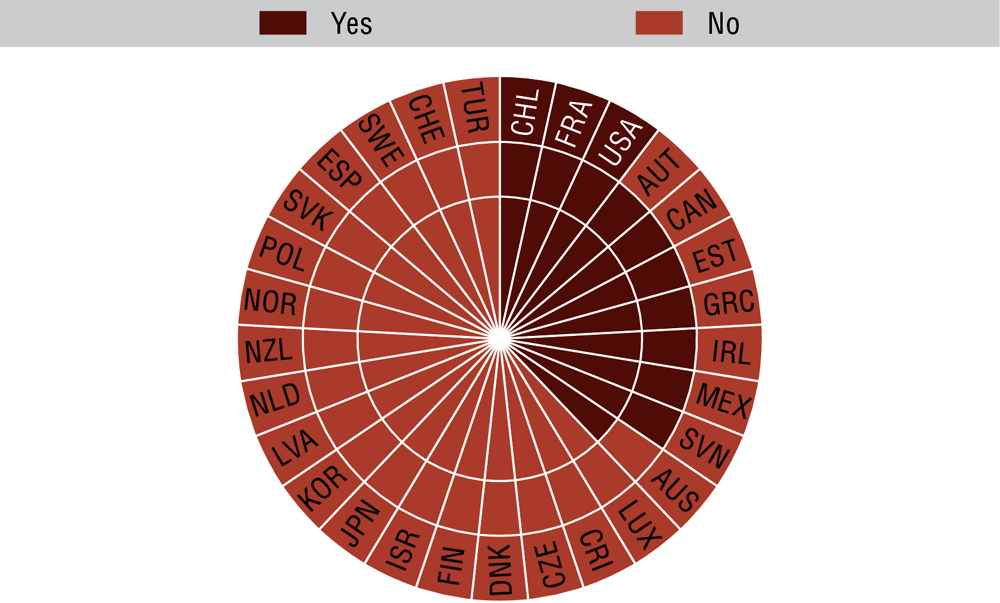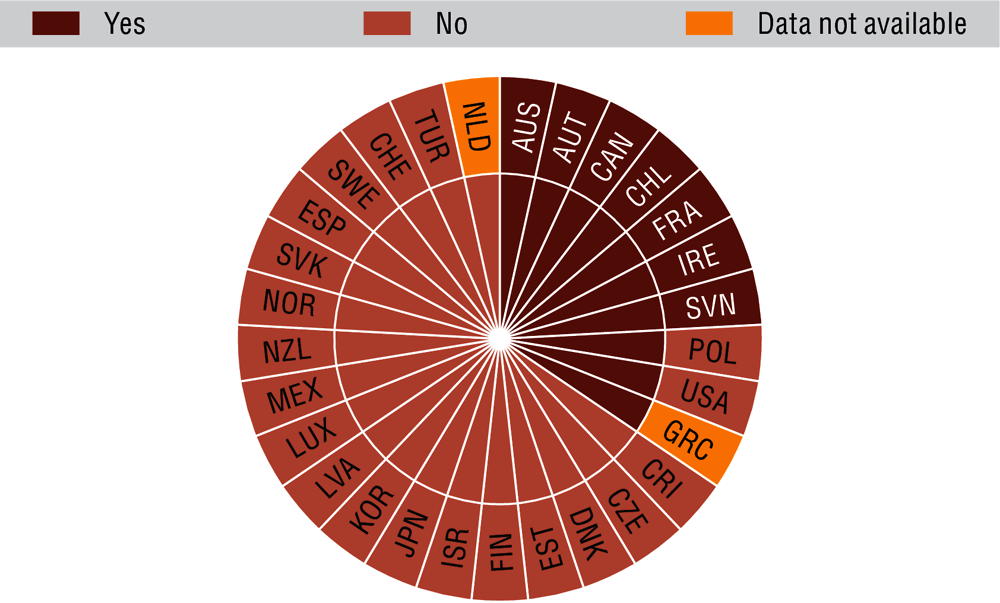Interest groups can provide governments with valuable information about various public policies and regulations in place or under consideration. Nonetheless, experience shows that without the necessary safeguards, the abuse of lobbying practices – such as the monopoly of influence by special interest groups, undue influence through covert or deceptive evidence, or the manipulation of public opinion – can result in decisions on essential public policies that have hidden harmful impacts. Ultimately, the result can be public dissatisfaction with public institutions and democratic processes.
There is a widespread perception that policy makers and public policies may be influenced by special interest groups leading to policy outcomes contrary to the public interest. According to the OECD Trust Survey, 47.8% of people on average across 22 OECD countries, think that a high-level political official would grant a political favour in exchange for the offer of a well-paid private sector job (Figure 4.7). The OECD Recommendation on Principles for Transparency and Integrity in Lobbying provides direction and guidance on regulations or policies on transparency and integrity standards to mitigate the risks of undue influence and policy capture.
Twelve out of 29 OECD countries with data available (41%) provide transparency through a publicly available lobbying register. In 10 countries, these registers include information on the lobbyist’s name, the domain of intervention and the type of lobbying activities. Three OECD countries have a lobbying register that also discloses budget and expenses for lobbying activities, and the piece of legislation or regulation targeted (Figure 4.8).
Ten out of 29 OECD countries (34%) have a set of sanctions defined in the regulatory framework in case of breaches of transparency and integrity standards in lobbying. Seven of these countries have carried out investigations for non-compliance with the regulation of lobbying activities or incomplete or erroneous disclosure of information (Figure 4.9).



